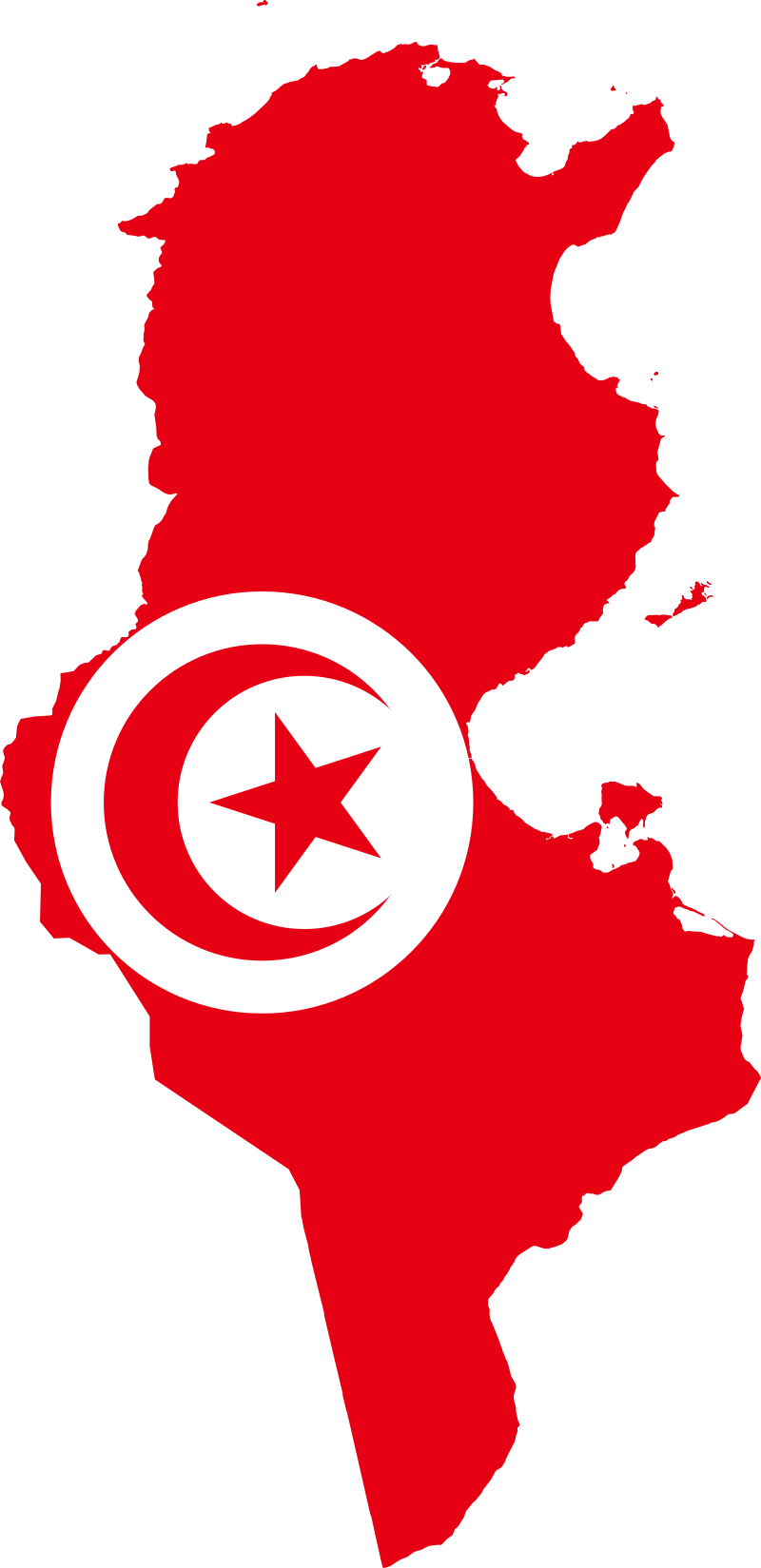Immigrants in Tunisia
Tunisia has a history of immigration due to its geographical location and historical ties to various cultures and nations. However, the exact demographic details and recent trends may have changed since then. Here's a general overview of immigrants in Tunisia up to that point:
1 - Historical Context: Tunisia's strategic location in North Africa has made it a hub for trade and cultural exchange for centuries. Throughout its history, the country has been influenced by various civilizations, including the Phoenicians, Romans, Arabs, Ottoman Turks, and French. These historical connections have contributed to a diverse population with various cultural influences.
2 - Recent Immigration Trends: In recent decades, Tunisia has experienced immigration from both neighboring African countries and other parts of the world. Immigration patterns have been influenced by economic, political, and social factors, both within Tunisia and in the broader region.
3 - Neighboring Countries: Tunisia shares borders with Algeria and Libya, and migration flows from these countries have contributed to its immigrant population. Some migrants from these neighboring countries have sought refuge or better economic opportunities in Tunisia.
4 - Sub-Saharan African Migrants: Tunisia has also been a destination for migrants from sub-Saharan Africa, often using it as a transit point en route to Europe. These migrants may come seeking better economic prospects, safety, or asylum.
5 - Syrian Refugees: The ongoing conflict in Syria led to a small number of Syrian refugees seeking shelter in Tunisia. While the overall numbers were not as high as in some other neighboring countries, Tunisia did provide asylum to some Syrian families.
6 - Labor Migration: Like many countries, Tunisia has experienced labor migration. Immigrants, particularly from countries like Egypt, have come to Tunisia for work opportunities in various sectors, including construction, agriculture, and domestic services.
7 - Challenges and Integration: While Tunisia has a relatively diverse population due to its history and recent migration trends, there have been challenges related to the integration of immigrants into society. These challenges include issues related to legal status, access to services, discrimination, and social cohesion.

